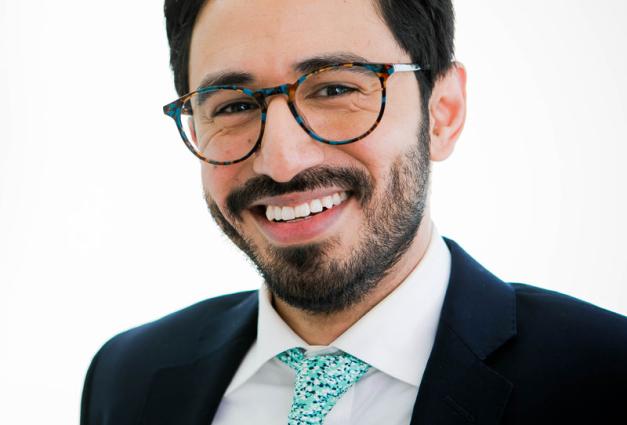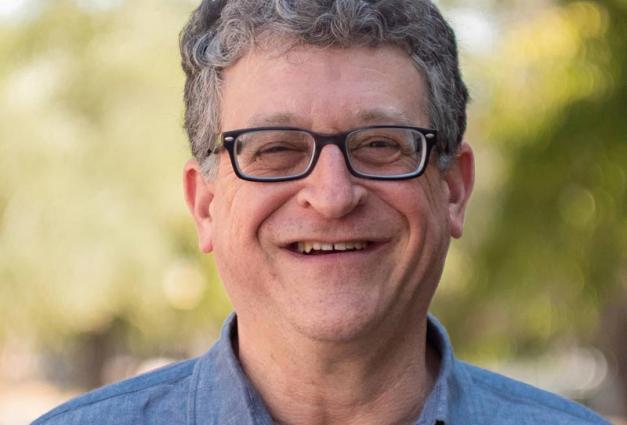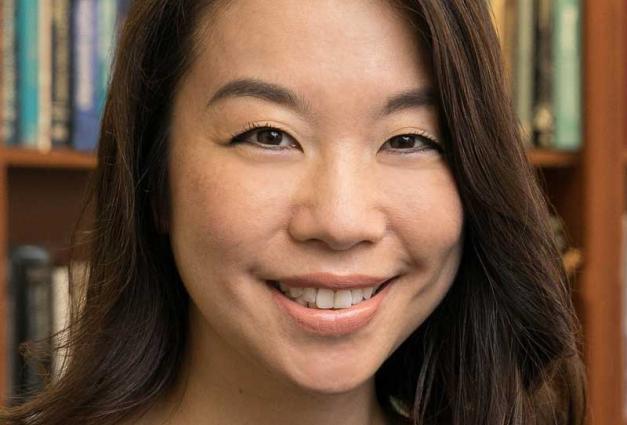Jordan Rubin-McGregor is a second-year graduate student at Miami University, where she works with Dr. Jeffrey Hunger in the Hunger Stigma & Health Lab. Her research focuses on the impacts of ableism on disabled people, as well as the role of protective factors that may promote resilience against disability stigma. Her research is supported by an NSF GRFP. Prior to graduate school, she completed an Sc.B. in Cognitive Neuroscience at Brown University and worked as a lab manager in the Princeton Social Neuroscience Lab.
How has being a member of SPSP helped to advance your career?
I’ve only been a member since 2019, but I have a lot to thank SPSP for, beyond introducing me to the world of conferences (and to a lot of great cities!). I met my graduate advisor at my first SPSP convention and connected with many other great people who are now friends and collaborators. Through a Community Catalyst grant, SPSP has supported the development of DARN, a disability advocacy and research group; I have grown a great deal by co-leading the research subgroup of DARN, alongside fellow graduate student Will Meese. I have benefitted from LGBTQ* affinity groups at the annual convention and learning from other researchers through free-form Friday meetings. Though I am still beginning my career as a social psychologist, I know that SPSP is a wonderful place to call my academic home.
What career path would you have chosen if you had decided to not pursue psychology?
I probably would have ended up in the policy world, looking to enact the same types of social change that I hope to enable with my research, but from a different angle. Or I would have been an allergy-friendly baker!
Briefly summarize your current research, and any future research interests you plan to pursue.
I’m currently using a large-scale dataset to examine the relationship between disability discrimination and mental health outcomes. I’m also examining the role of person-first and identity-first language in the contexts of ableism and size discrimination along with fellow graduate student Erika Rosenberger. I’d love to expand into using mass data, either for this project or for others. I hope to examine the role of disability identity as a buffer against daily discrimination experiences, using EMA sampling methods, as well as in conferring psychological benefits for individuals with long COVID. My goals are to enhance the field of research on the impacts of ableism and associated protective factors, particularly disability identity.
What led to your interest in disability stigma?
I was separately interested in psychology and disability justice for a long time. When I realized I could combine the two and conduct research in an area I care about, I honed in my research focus quickly. I’m passionate about centering the voices and experiences of disabled people in my work, which can be missing from psychological research in the context of disability. I also have an interest in social identity theory; together, this led me to the area of disability stigma research. The growth and support for this area of research have made it an invigorating field to be working in, and I’ve appreciated the chance to connect with amazing researchers who started and pushed forward this area of work.
Outside of psychology, how do you like to spend your free time?
I’m a big reader, especially fantasy and non-fiction books. I also decorate cakes and bake, as well as spend a lot of time with my fiancée and our two very spoiled cats.
What’s the best advice you have ever received?
Consider your guiding values, and try to make your decisions in line with them. It’s impossible to reach most of them—I’ll never have ‘completed’ equity, or ‘achieved’ happiness—but continually reorienting myself towards my values has kept me grounded in what matters most to me.




